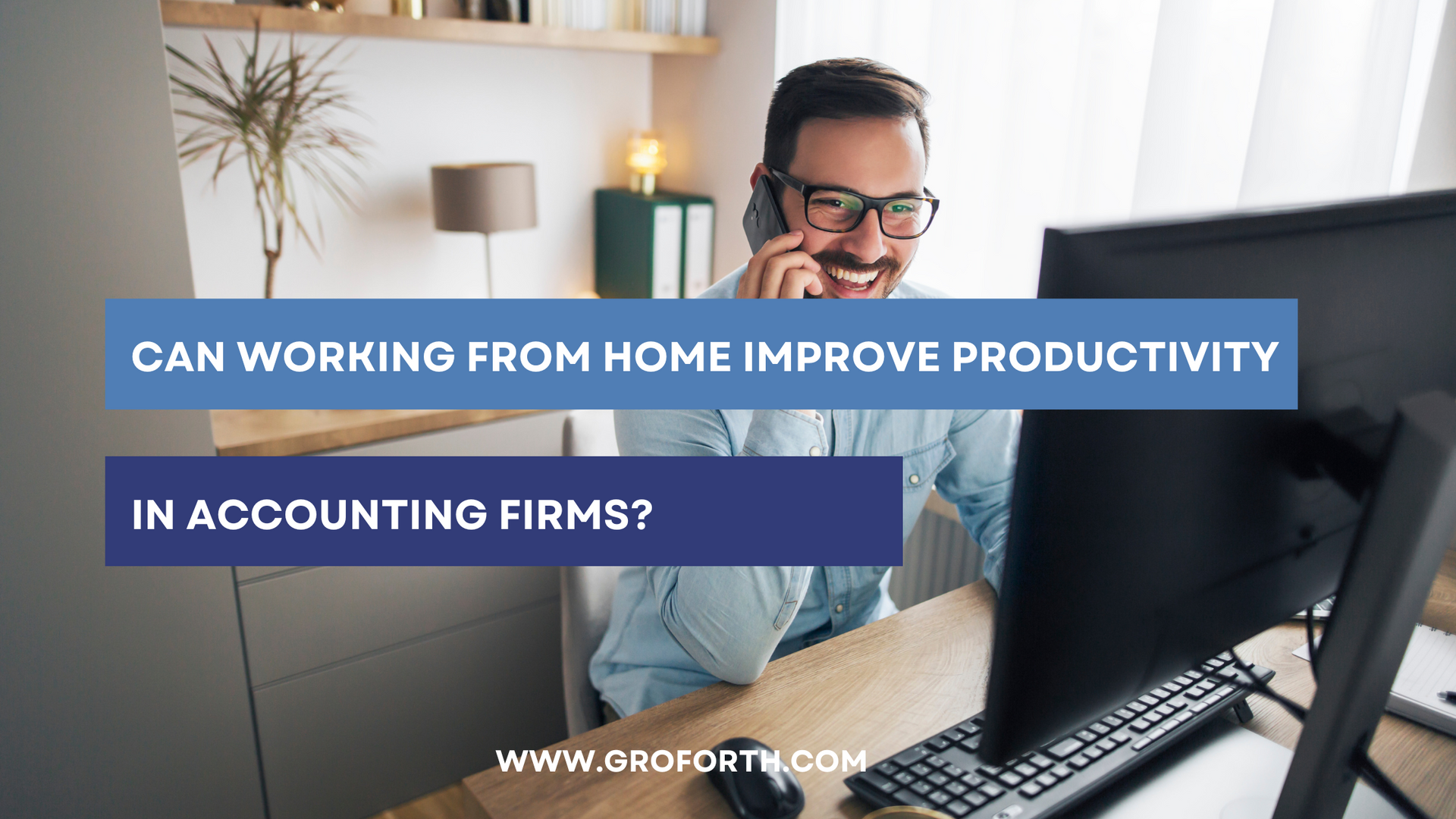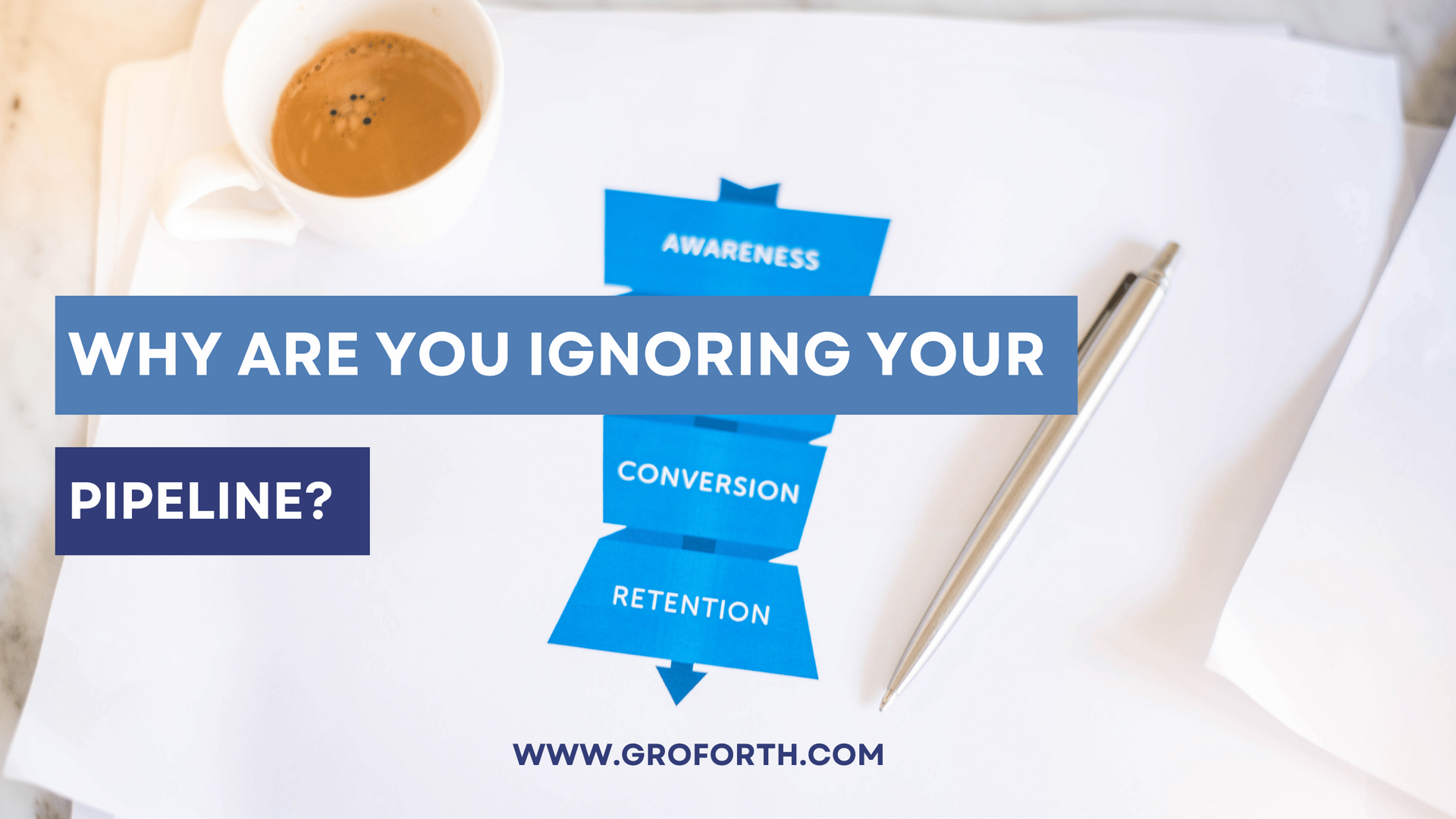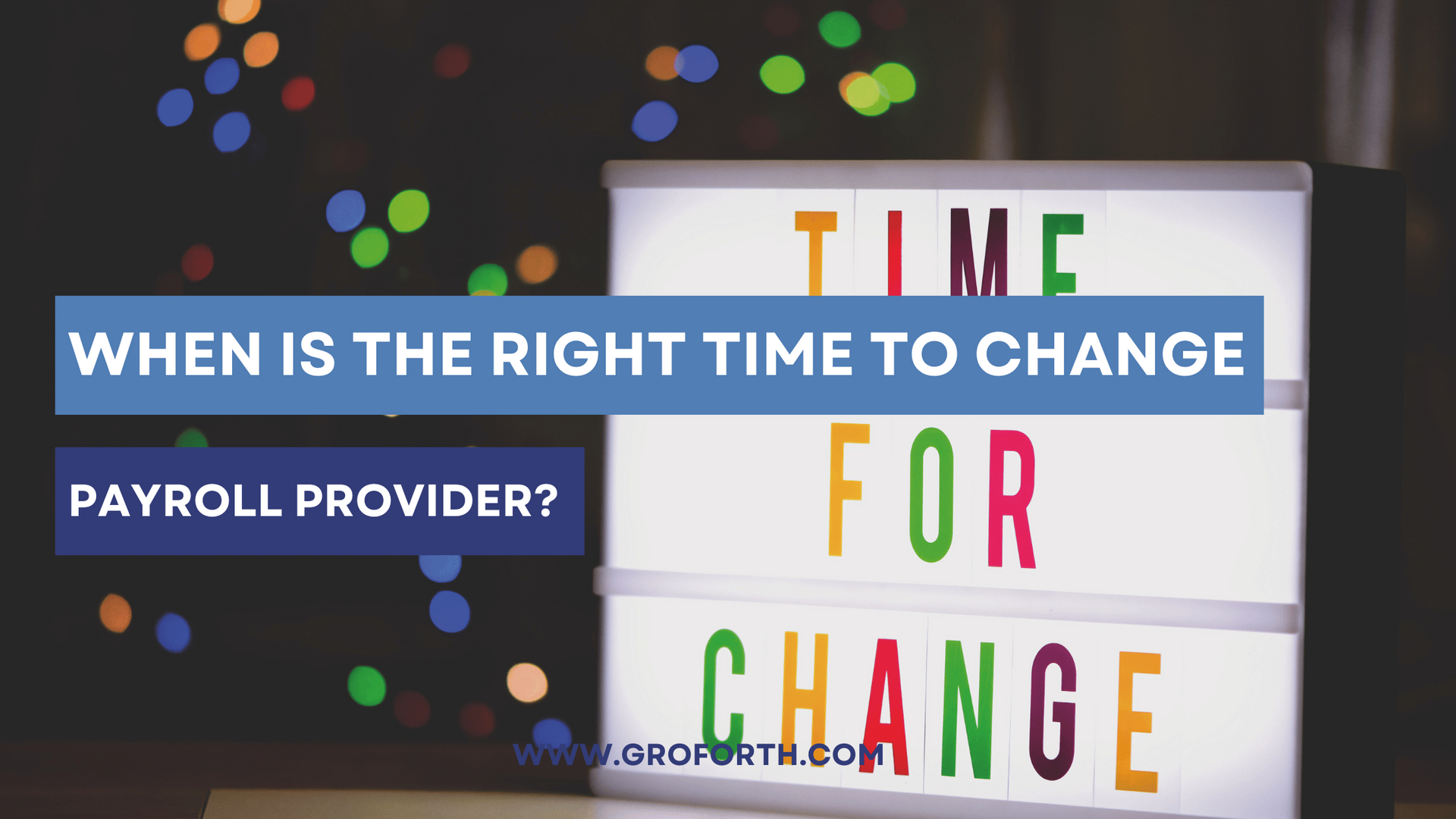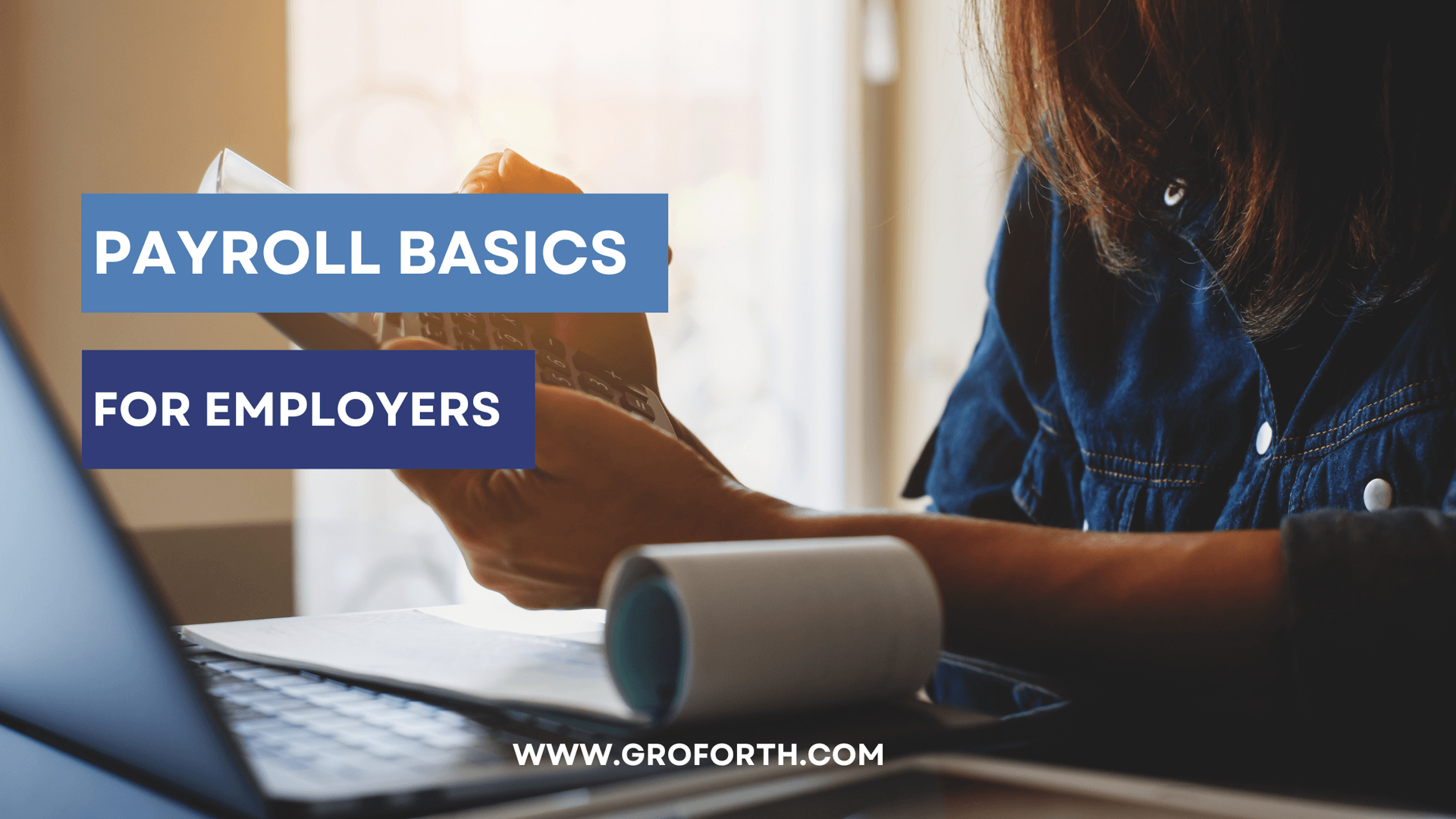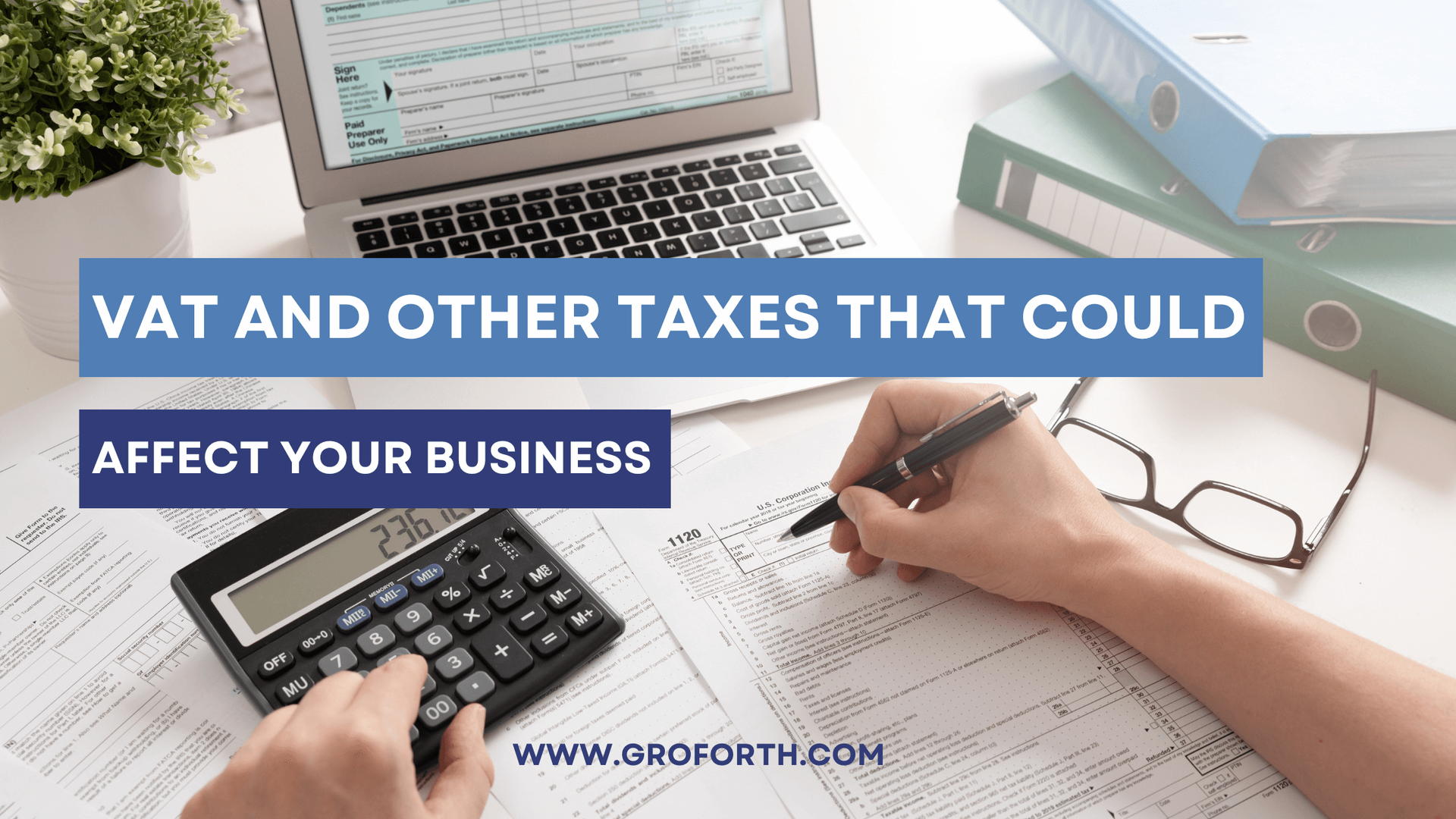Should You Hire An Accountant, Bookkeeper or Both?
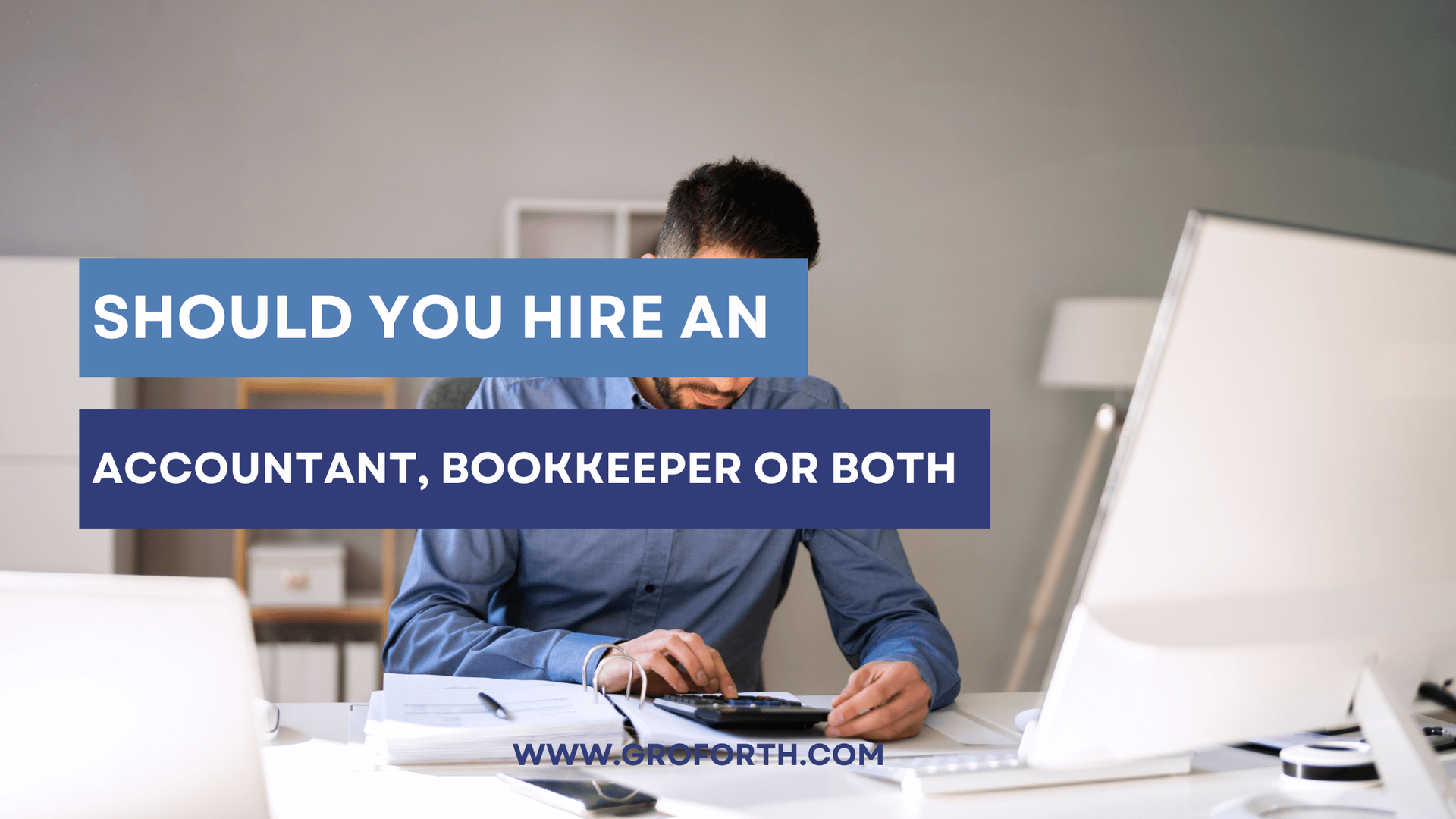
A good way to understand the difference between bookkeeping and accounting is to look at the tasks performed by each role, says GroForth’s Geraldine. This article covers:
• What bookkeeping records do you need to keep?
• Do you need a bookkeeper if you are using accounting software?
• What is the difference between bookkeeping and accounting?
• Why accountants like their clients to have a bookkeeper
Many business owners find administrative tasks boring. Spending hours poring over bank reconciliations can be tedious and it is all too easy to overlook filing an invoice or checking a statement when you have a million other demands on your time. Yet neglecting simple tasks like these can end up costing a lot of time and money come year-end.
Not only that, it also makes extra work for your accountant and, left unresolved, could cause problems with Revenue down the line.
“Yes,” I hear you say, “But there are only so many hours in the day and I have more urgent tasks on my to-do list. I hardly ever have time to catch up on my paperwork.”
This is a common problem and one that tends to get bigger when businesses begin to grow. That said, today’s cloud accounting solutions make keeping your business records up to date a lot easier than it used to be!
Still, though, lack of time is one of the main reasons why business owners recruit a bookkeeper or turn to an outsourced bookkeeping service provider like GroForth for help.
What kinds of bookkeeping records do I need and why do I need them?
The first reason that you need accurate, up to date bookkeeping records is so that you can keep your tax, accounting and compliance records in order. Examples of the types of records you need to maintain for this include:
• Sales figures
• Invoices
• Purchase receipts
• Bank Statements
• Loan Statements
• Credit card statements
• Hire Purchase or Finance Lease agreements
• Insurance
• Correspondence relating to your tax affairs such as your communications to/from Revenue
But good bookkeeping isn’t just about keeping you on the right side of the tax authorities and law, it’s also about helping you run your business more efficiently. A properly set up system will highlight opportunities to improve your profits and help to keep your business strong.
Do I need a bookkeeper if I am using accounting software?
Many businesses today use cloud accounting solutions like Xero, Big Red Book, and SortmyBooks to improve efficiency. These solutions give you 24/7 access to data about your business and make it easy to spot opportunities to increase sales or cut costs.
They also enable you to share information with your accountant who will use it when helping you decide on the best strategies for your business. However, the quality of your information on the cloud platform depends on how reliable your user input is. If you are too busy to keep your data up to date, you won’t be able to get reliable outputs from the system.
What is the difference between bookkeeping and accounting?
When your business reaches a point where you know you need help to keep your books up to date, you may be unsure about whether to hire a bookkeeper or an accountant or both. This is a question I am often asked by new clients.
A good way to understand the difference between bookkeeping and accounting is to look at the tasks performed by each role.
Your bookkeeper helps you organise and maintain records of your business transactions. Bookkeepers can also train you on how to implement good business processes and explain how to use accounting software correctly. Often, they will send out invoices on your behalf and ensure that your bills are paid on time. When your year-end comes around, your bookkeeper will make sure that your accountant has all the necessary information to prepare your annual financial statements. Some bookkeepers, like GroForth, provide a fully outsourced finance function for business clients along with payroll support services. This releases you from administration so that you can concentrate on other aspects of your business.
Your accountant prepares your annual financial statements and provides advice on matters such as your business structure, growth and contingency plans. Your accountant also provides tax advice and helps ensure that you meet your compliance obligations.
So, in simple terms, your accountant focuses on the ‘big picture’ whereas your bookkeeper focuses on the detail of your transactions.
Why accountants like their clients to have a bookkeeper
Locating missing documentation and reconciling errors in business records are two of the biggest headaches for accountants and their clients when year-end approaches. I support a lot of accounting firms and business owners and I have seen whole days lost tracking down a missing purchase receipt or searching for an explanation when there is a discrepancy between business income and bank records.
Often, if a business doesn’t have an in-house bookkeeper or if they need to improve their financial controls, their accountant will suggest outsourcing their bookkeeping to a specialist service provider like GroForth. This gives both the business and the accountant peace of mind that records will be properly maintained so that the information that is needed for decision making and financial statements will be accurate.
If you are at a point where you need help with your bookkeeping, GroForth would love to help you.
Contact me for more information about the bookkeeping services my business provides for businesses like yours.
GroForth Blog

